Many philosophers have pondered the question of the meaning of life, but it can be very difficult to find a satisfactory answer.
Anyone familiar with the works of Douglas Adams would be adamant that the meaning of life, the universe, and everything is ‘42’. But this statement only serves the purpose of confusing those unfamiliar with Douglas Adams.
Just like with many other questions it may be wise to consult religion with this question, to which almost every religion answers with “to bring glory to a higher being(s).” As a Christian I agree with this however I want to approach this question at a neutral standpoint to find an answer that will satisfy anyone.
“What is the meaning of life that anyone of any background can live by?”
To answer this philosophical nightmare of a question would require someone with a great mass of wisdom, more wisdom than anyone before and anyone to come. Luckily, I know a guy who may be able to help.
In the Bible’s Old Testament, we meet Solomon the son of King David. Being a part of the genealogy of Jesus Christ God had big plans for him, so when Solomon inherited the throne, God gave him an offer allowing Solomon anything he desired. Solomon used this opportunity and asked for the gift of wisdom, God being pleased with this answer gave Solomon the wisdom as well as what he didn’t ask for. This is the beginning to the story of one of God’s greatest followers and while he did ultimately fail in the end, he definitely didn’t disappoint in his writings.
With his newfound wisdom Solomon began to ponder questions humanity was never supposed to find the answer to, and while it may have driven him mad in the process his words were written down in a book for future generations to learn from. This book, known as Ecclesiastes, just so happens to provide the perfect answer to my question. In my opinion, the best thing about the book of Ecclesiastes is that you don’t have to agree with the message of Christianity to know that what is written here is fact. However the downside to this book is its abnormal ability to significantly reduce the amount of sleep the reader receives, this effect being amplified the closer you are to bedtime when reading.
The book opens with a sentence to give context about the author who while isn’t Solomon himself they are a scribe who collected and wrote down Solomon’s words. The message then begins in the next verse, Ecclesiastes 1:2 “Meaningless! Meaningless! Utterly meaningless! Everything is meaningless.”
In regard to this verse, I don’t think the English translation does it justice, the Hebrew word used for ‘meaningless’ is ‘Hevel’. This word is used many times by Solomon in the writing of Ecclesiastes, so understanding its meaning is needed to grasp the full
message Solomon is preaching. Hevel in Hebrew means vapor or smoke, which in the context Solomon is using Hevel means ‘a meaningless mist that will pass with time’. To understand the message of Ecclesiastes, whenever you see the word meaningless Solomon is referring to this definition. But what exactly does this mean? If a morning is ever foggy, does it ever have an impact on your life? It might disrupt your visibility, but do you ever think about the fog after it has passed? This is what Hevel means, something with a temporary impact which at most is only an inconvenience and after it has passed is never thought of again.
With this definition of Hevel, we can reread Ecclesiastes 1:2 as “Everything is a meaningless mist that will pass with time.” Solomon with his great wisdom has realised that everything on earth only has a temporary impact, our lives only exist here for about 80 years. But what happens after our life has left the mortal plane? Are we remembered by those who follow us? You can answer this question yourself; you should have 8 great grandparents, do you know all of them by name? if by any chance you do, keep going up the list, do you know the names of your 16 great-great grandparents? The answer will ultimately be a no. So, our lives are ultimately Hevel.
In fact, Solomon says everything is Hevel, he claims that everything will eventually be forgotten which in the face of eternity there is no denying his claim. Because he made this realisation, he saw no point in working hard and became genuinely confused as to why people spent so much time of their lives working “what do people gain from all their labors at which they toil under the sun?” (Ecclesiastes 1:3) The next few verses Solomon points out that any impact we try to make will eventually be reversed, he points out how almost everything in nature runs in a cycle and remains unchanged to emphasise this. He then claims that anything that has been done will be done again and thus there is nothing new and never will be anything new.
He concludes this section with the wise words “No one remembers the former generations, and even those yet to come will not be remembered by those who follow them.” (Ecclesiastes 1:11)
After reading this, Solomon forces you to reconcile with the fact that any impact you try to make will be erased, and any memory you leave will not last any significant amount of time. At this point you may no longer know what to do with your life.
Looking at my question about the meaning of life, any religious person would infer that this passage is saying that pursuing a life on earth is pursuing a life of Hevel and instead we should pursue a life in the kingdom of God as that is eternal. But again, I want the answer to this question to be applicable to anyone, this answer is useless to someone who doesn’t believe in a God.
So, what is the ‘meaning of life’? Well in case you haven’t noticed, it’s already been said in this article. The meaning of life is that it remains unchanged, we live on this earth only
to be observers of its glory. We were never meant to ‘make a change’ or ‘leave a lasting impact’, the nature of this world strictly prevents that. To be an observer of the universe is to find joy in the opportunities it provides. This doesn’t mean we live life simply because we are alive, but we live life to experience its wonder, to appreciate its complexity, to revel in the details, and we don’t have to do all this by ourselves but as a collective. To observe life with others is to observe the true opportunity this life has given us.
Reading further into his teachings, Solomon recognises this, that we weren’t meant to add anything to life “I know that everything God does will endure forever; nothing can be added to it and nothing taken from it. God, does it so that people will fear him” (Ecclesiastes 3:14) and instead of trying to leave an impact we should instead find the joys in life “that each of them may eat and drink, and find satisfaction in all their toil – this is the gift of God” (Ecclesiastes 3:13)
So, in conclusion, we were never meant to leave an impact on the world, that is why they do not last. Instead, we live on this earth so we may live out its joys, to work hard and earn satisfaction from our toils.
TL;DR (I don’t blame you; I probably wouldn’t have read the whole thing either)
Nothing you do on earth will last, so attempting to leave something behind is futile. Instead, we exist here on earth to enjoy the wonders life gives us and to experience them together.
I would like to finish this by saying, I gathered all this based off of Ecclesiastes 1:1-11 and reinforced it with a couple verses from chapter 3. I managed to determine the meaning of life based off of 11 verses of someone else’s thoughts, do you have any idea how amazing that is? That Solomon said this stuff, and it took me over a thousand words to explain them, Solomon’s words are so rich with raw emotion and meaning which goes to show how wise he really was. And this is just half of the first chapter, of which there are 12. As much as I would love to cover all of Ecclesiastes, I don’t think I’m fit enough to wring it of all its meaning.
If this article did really influence your view of life, of Christianity, of anything, if this article had any influence on your perspective of anything let me know and I might delve further into Solomon’s teachings (not that I wrote this with an intention to make an impact, I wrote this because I simply love the book of Ecclesiastes). However, you don’t need me to tell you about Ecclesiastes, the best outcome from you reading this article is if you then pick up your bible and read the passages for yourself. I had to skip over some details to keep this short, and if you read the passage for yourself, you can make your
own conclusions. You don’t have to agree with what I said, it is simply my interpretation, and I encourage you to make your own.






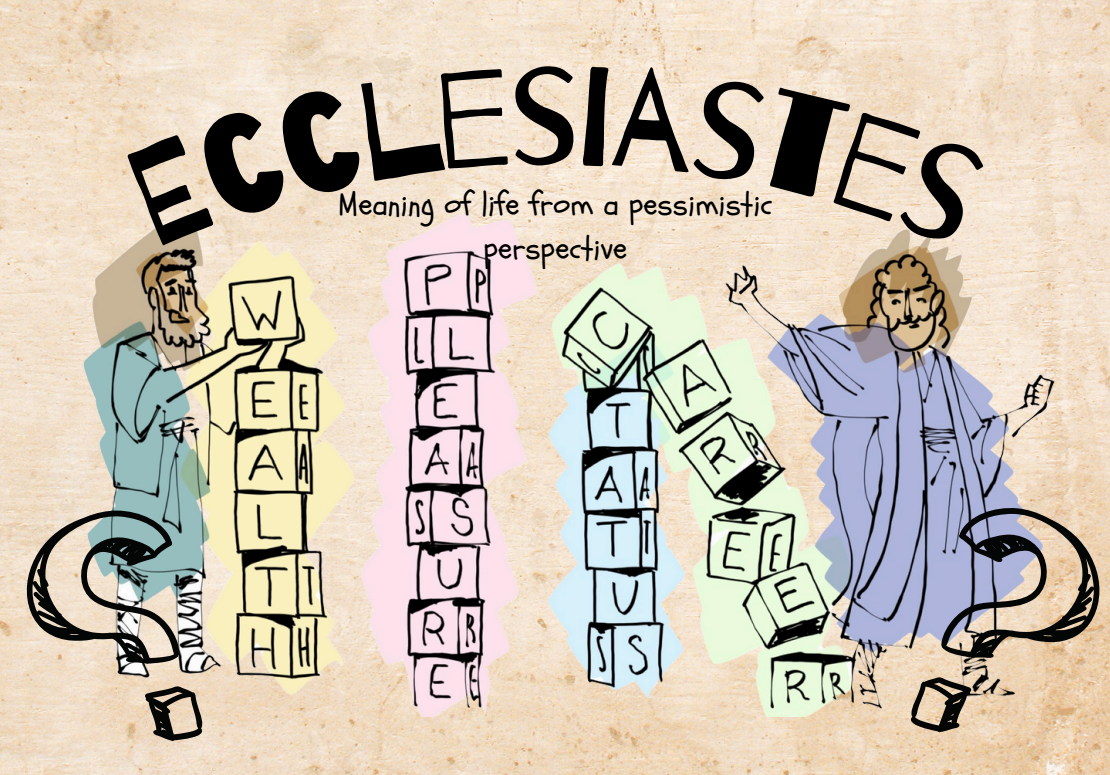
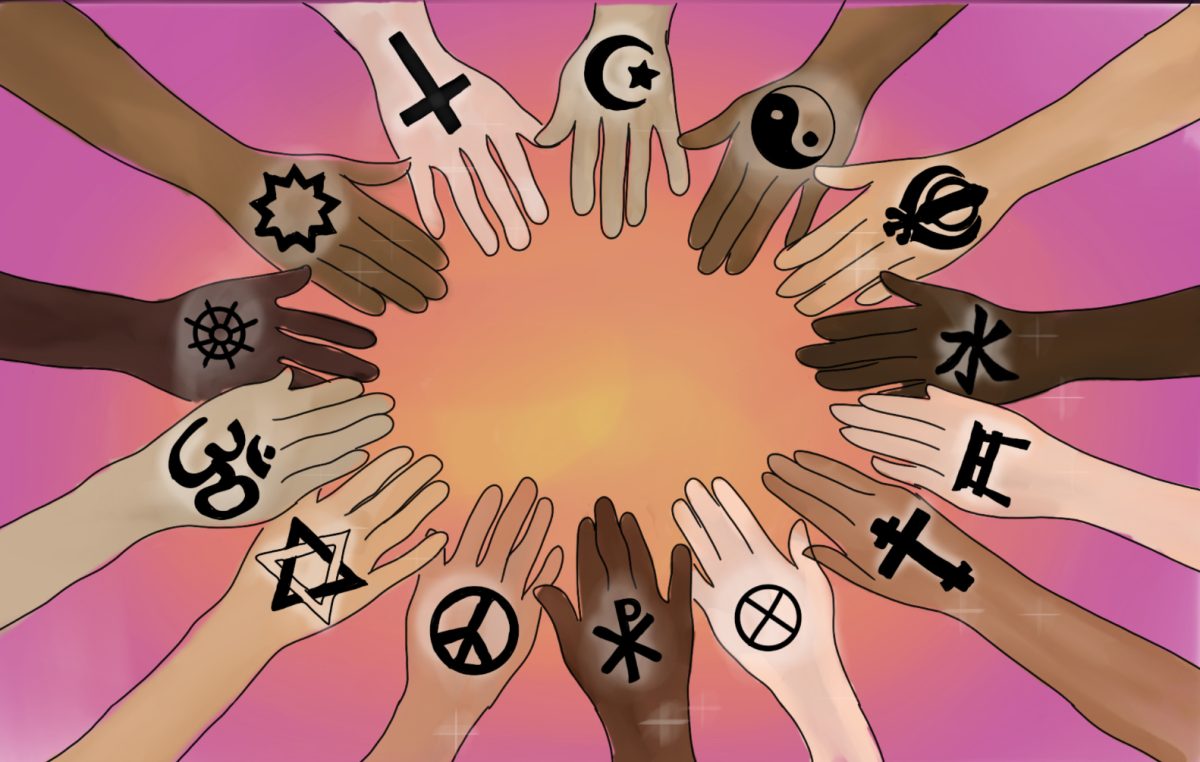





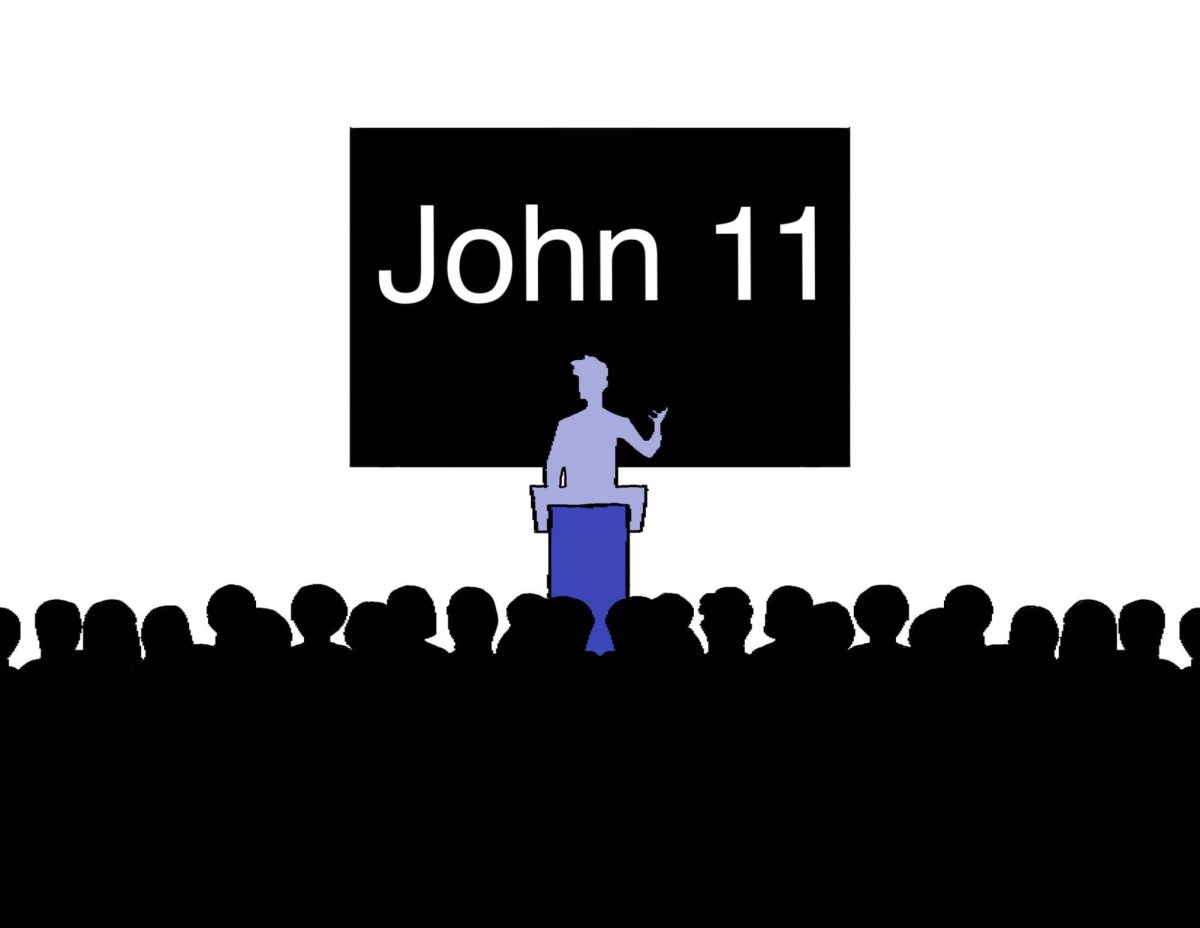
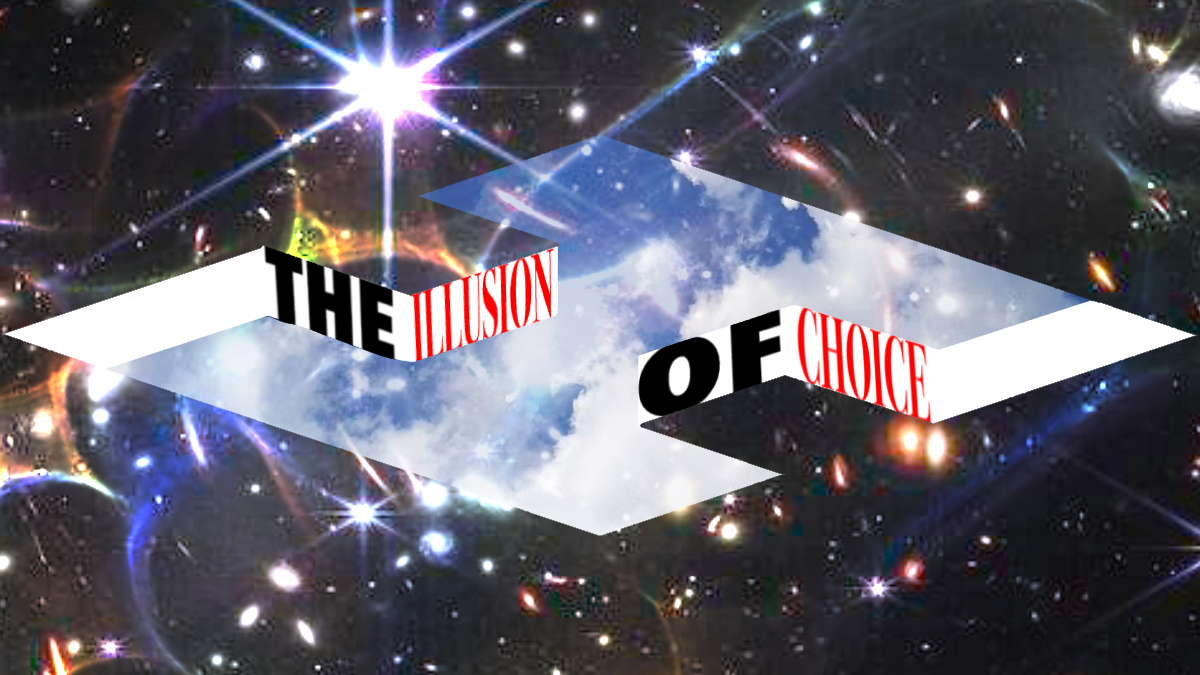
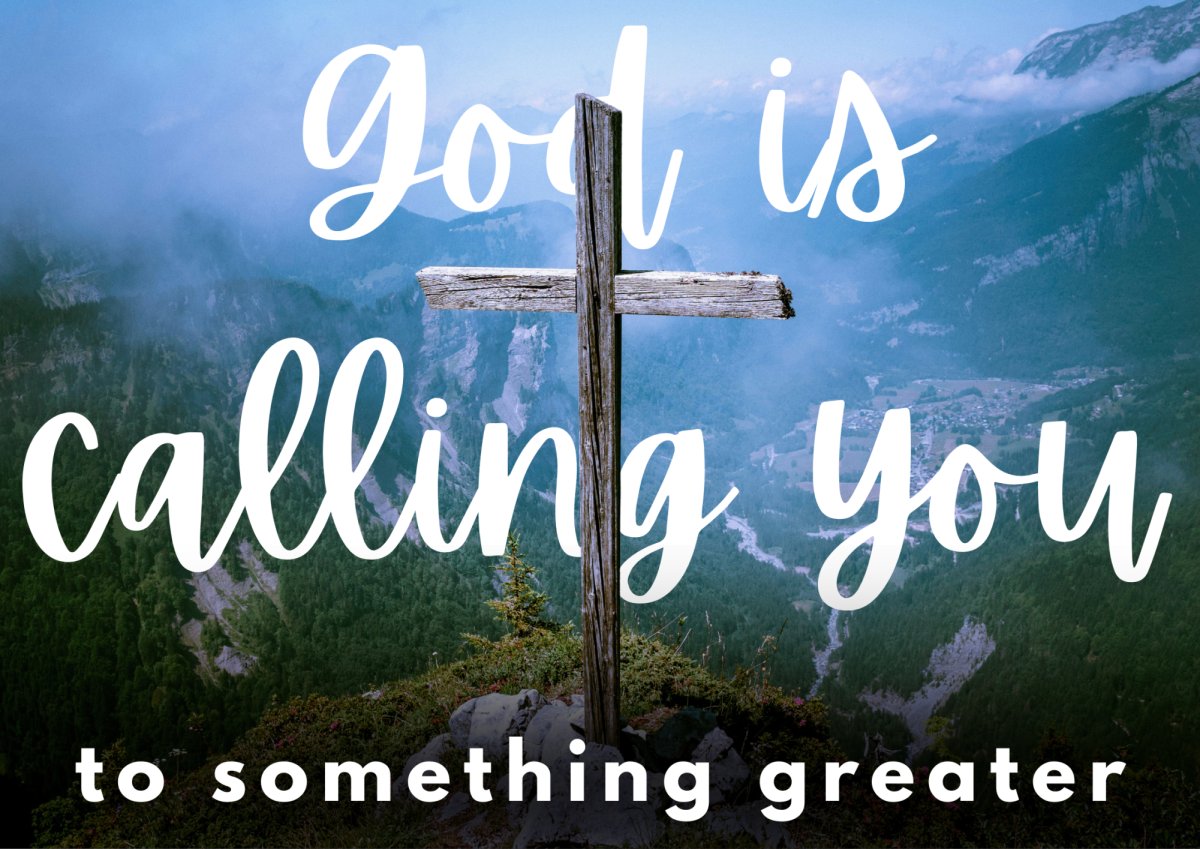






Julie McEwan • Aug 26, 2025 at 8:30 am
I think Qohelet should get the final word:
“Now all has been heard; here is the conclusion of the matter: Fear God and keep his commandments, for this is the duty of all mankind. For God will bring every deed into judgment, including every hidden thing, whether it is good or evil.”
Ecclesiastes 12:13-14 NIV
Emme S • Aug 22, 2025 at 9:55 am
You did amazing Aaron
This was very good
Now we share this with youth :>
Ms Ellison • Aug 22, 2025 at 7:17 am
Loved this article Aaron, well done! You have inspired me to re-read Ecclesiastes 🙂
Nathan R • Aug 20, 2025 at 8:13 pm
Fantastic article Aaron!